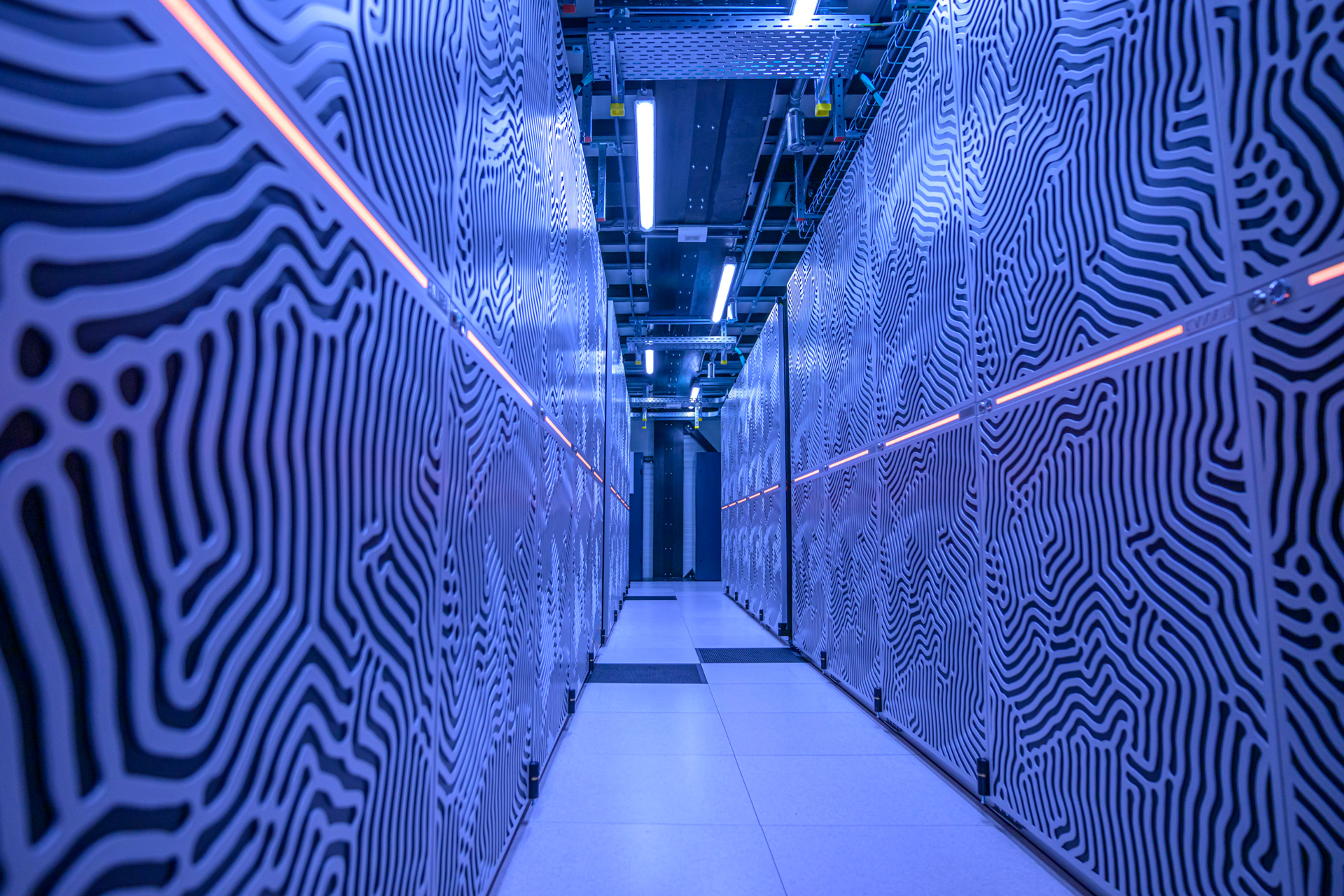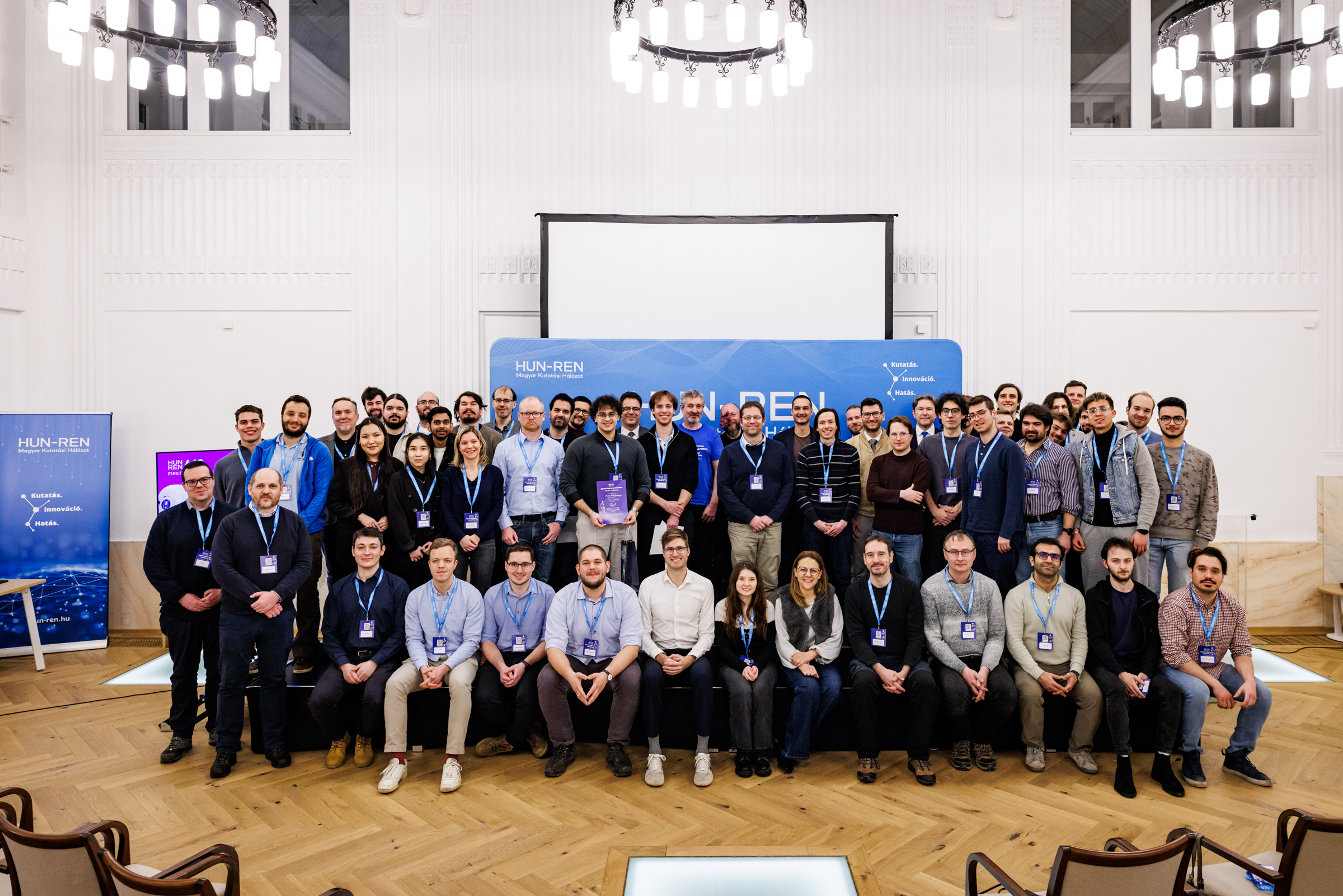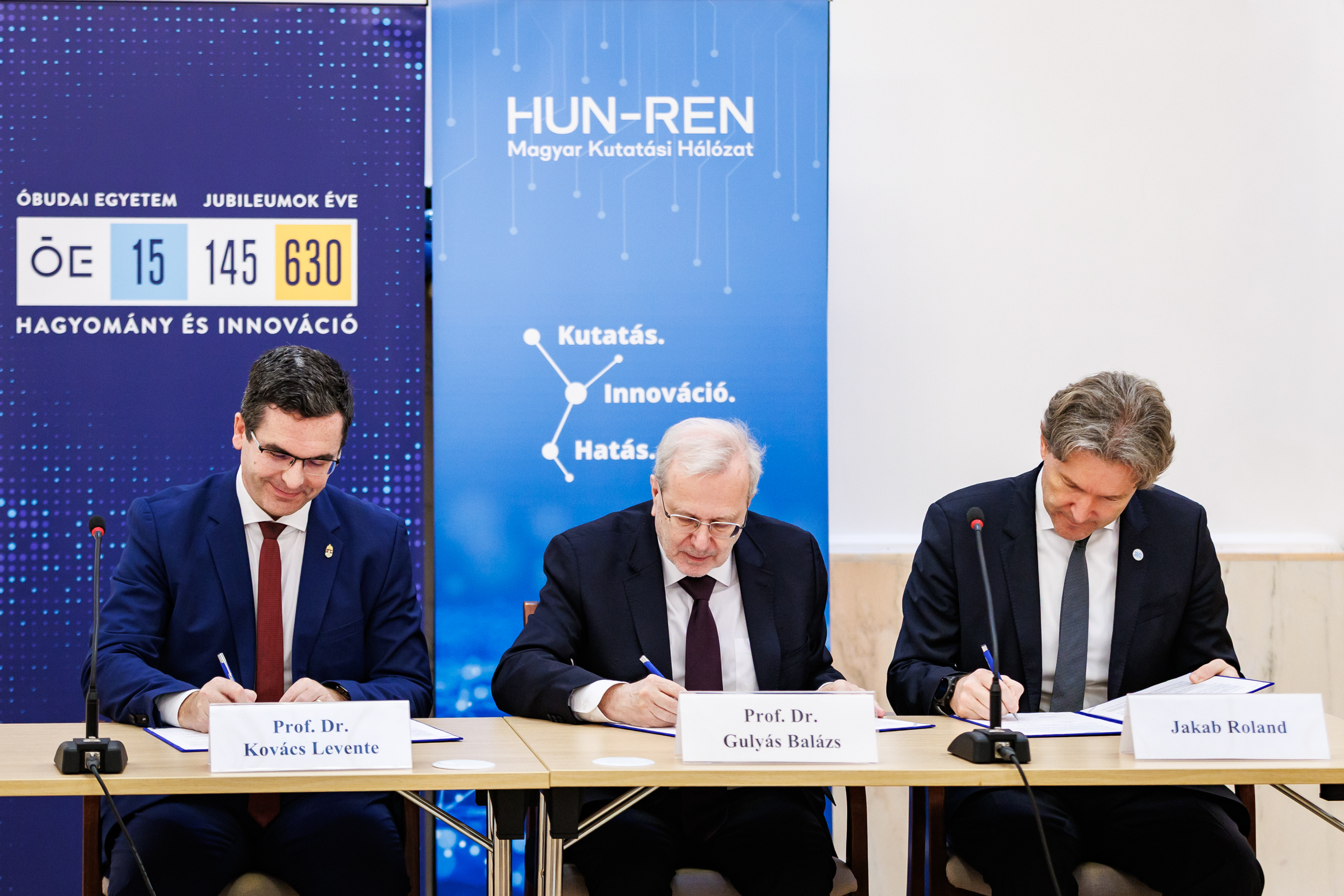HUN-REN success: Hungary among the first to connect to Europe’s largest supercomputer under the AI Factory Antenna programme
The HunAIFA consortium, established under the strategic leadership of the HUN-REN Hungarian Research Network and led by the HUN-REN Institute for Computer Science and Control (HUN-REN SZTAKI), has been awarded support under the EuroHPC AI Factory Antenna programme. The initiative aims to build the ecosystems required to develop AI around Europe’s existing supercomputing capacity. The HunAIFA project will be implemented with technical support from the Jülich Supercomputing Centre in Germany, where Europe’s first exascale supercomputer—capable of performing a billion billion operations per second—was inaugurated in September.
As a result of the successful application by the consortium—established under the leadership of HUN-REN HQ, coordinated by HUN-REN SZTAKI, and comprising the HUN-REN Wigner Research Centre for Physics, Eötvös Loránd University (ELTE), the Hungarian Chamber of Commerce and Industry (HCCI) and the Neumann Technology Platform—Hungarian researchers, educators and developers, innovative enterprises and public-sector institutions will now have access to the same cutting-edge AI tools and state-of-the-art supercomputing infrastructure used by Europe’s most competitive players.
Roland Jakab, CEO of HUN-REN, said:

Photo: Getty Images
Róbert Lovas (HUN-REN SZTAKI), consortium leader of the Hungarian AI Factory Antenna, said:
HunAIFA is a three-year project with a budget of approximately €10 million. As a result of the successful application, Budapest and the HUN-REN research network could, in the longer term, become one of Central Europe’s leading AI and HPC players by expanding partnerships, thereby strengthening Hungary’s position in Europe’s digital transition.
(Photo: getty images)

